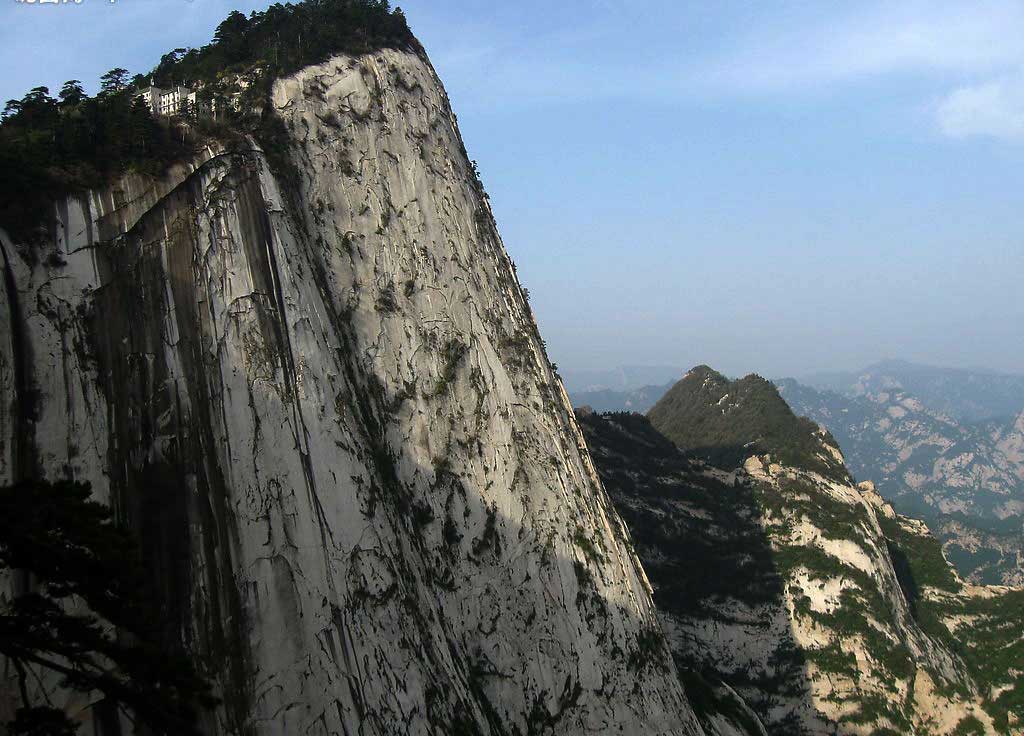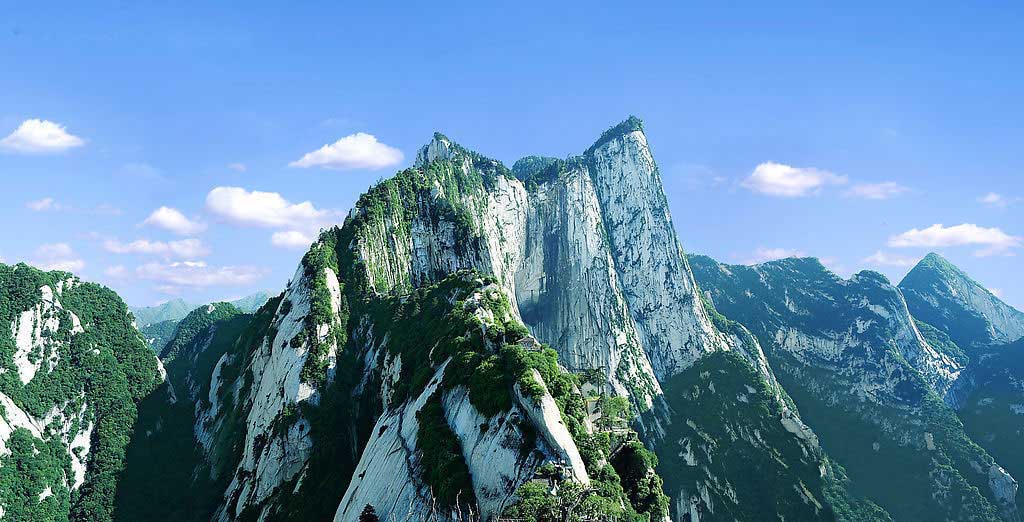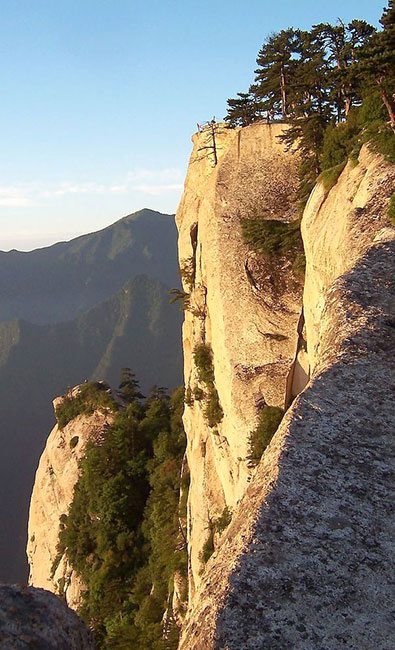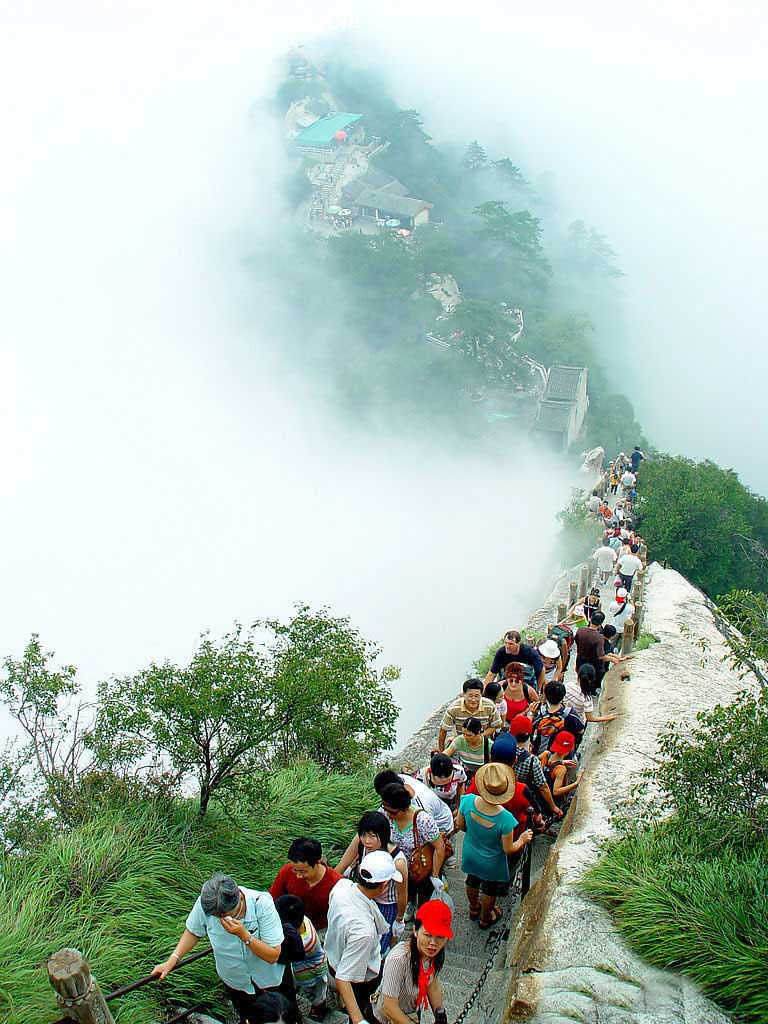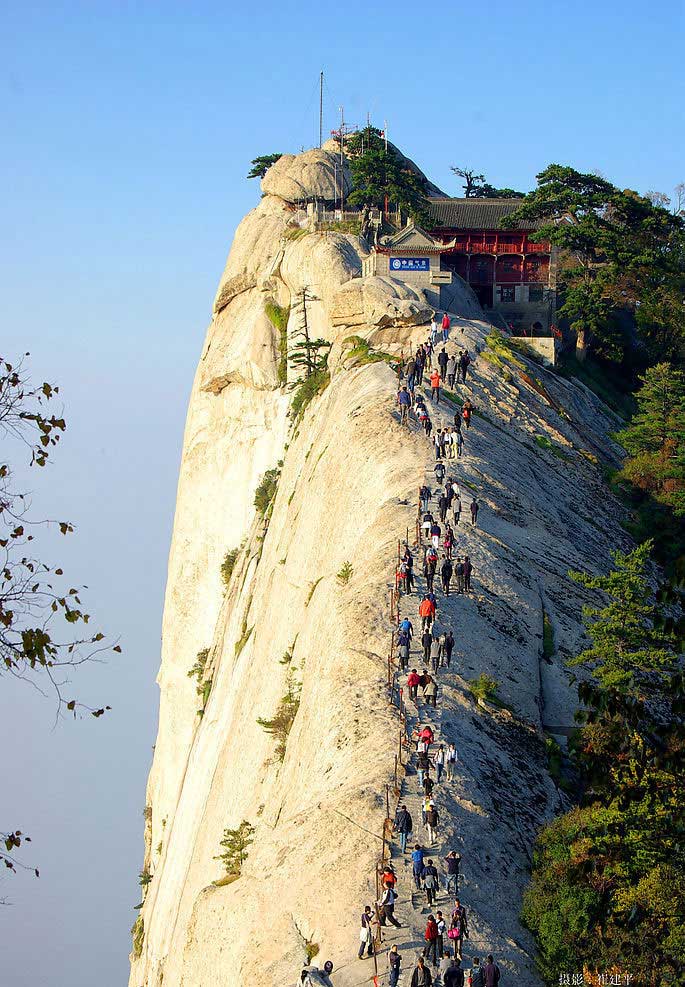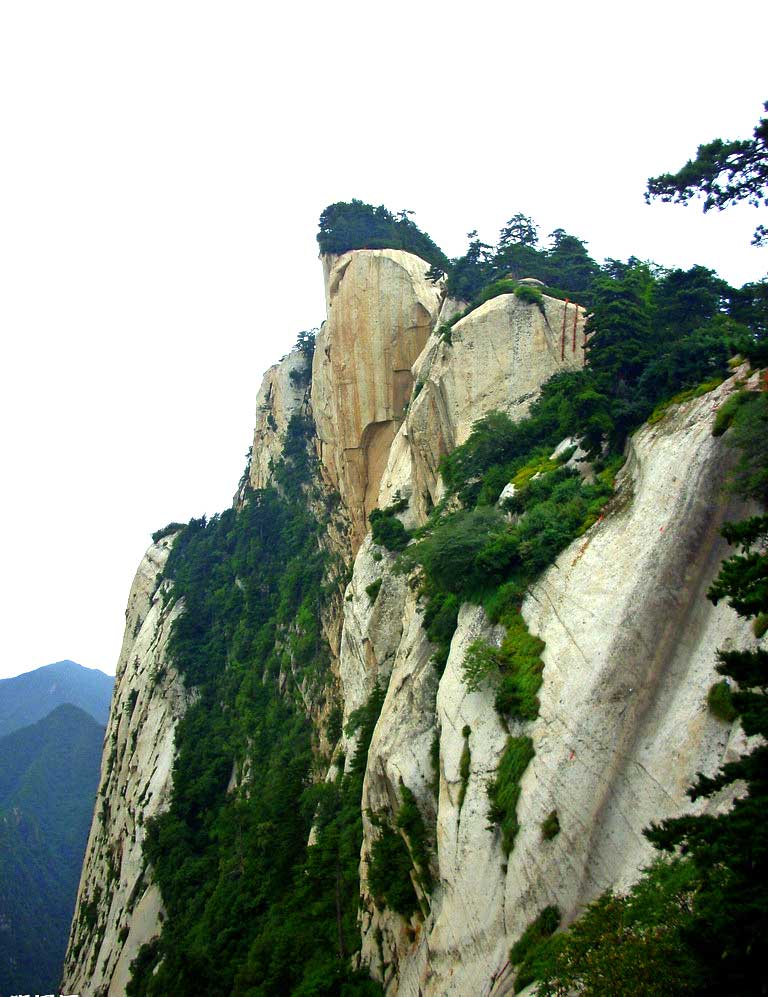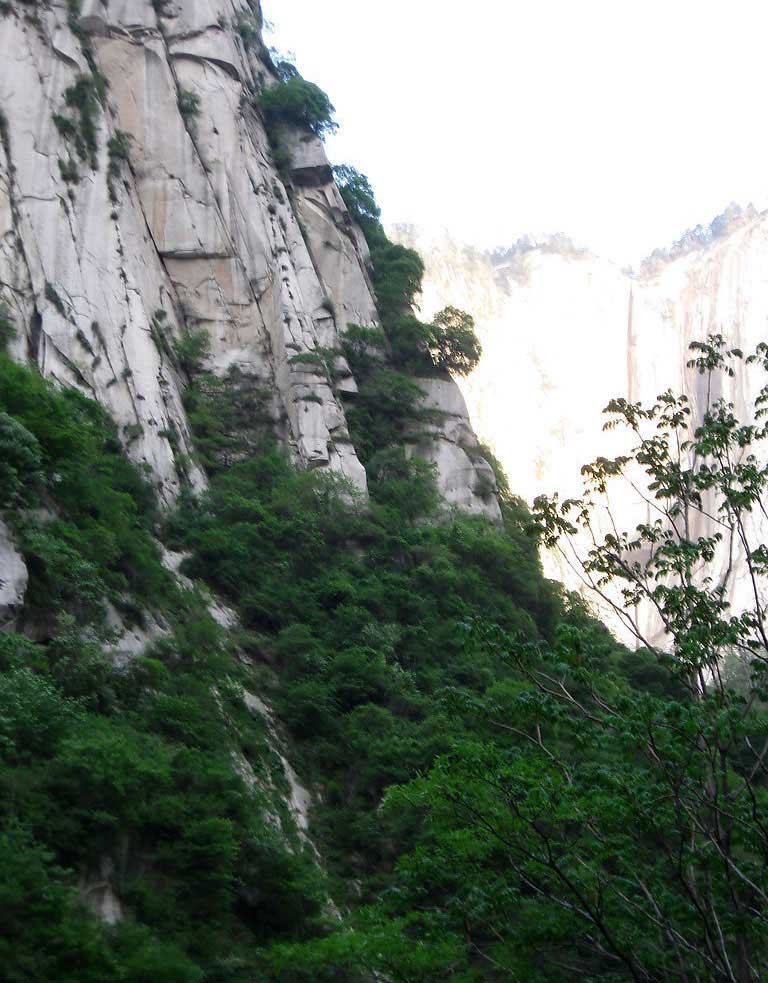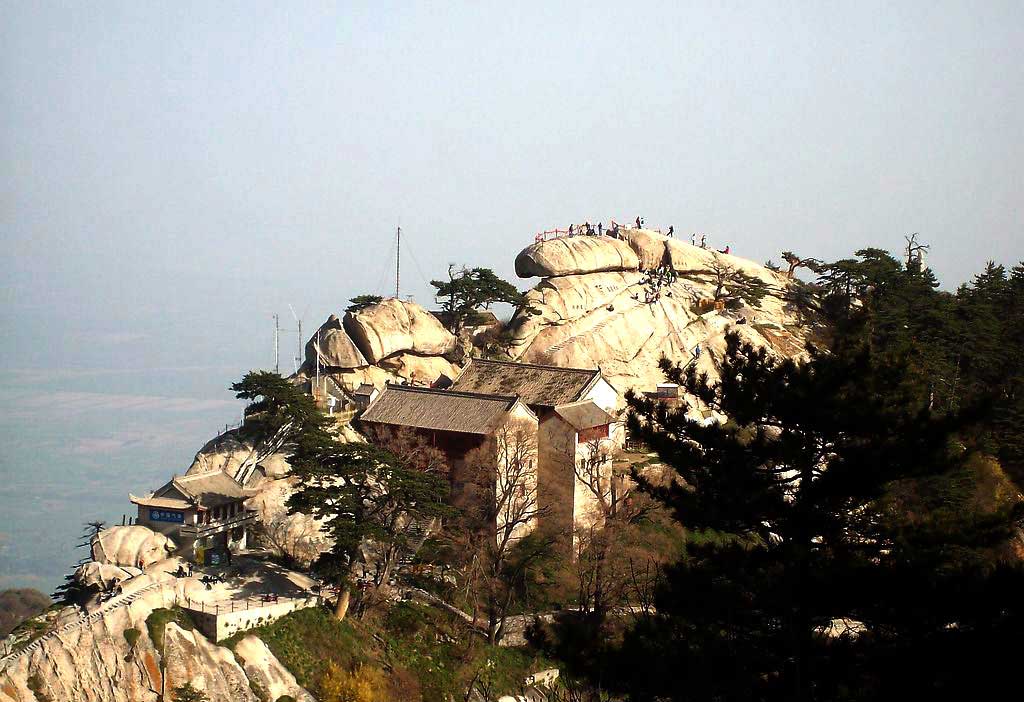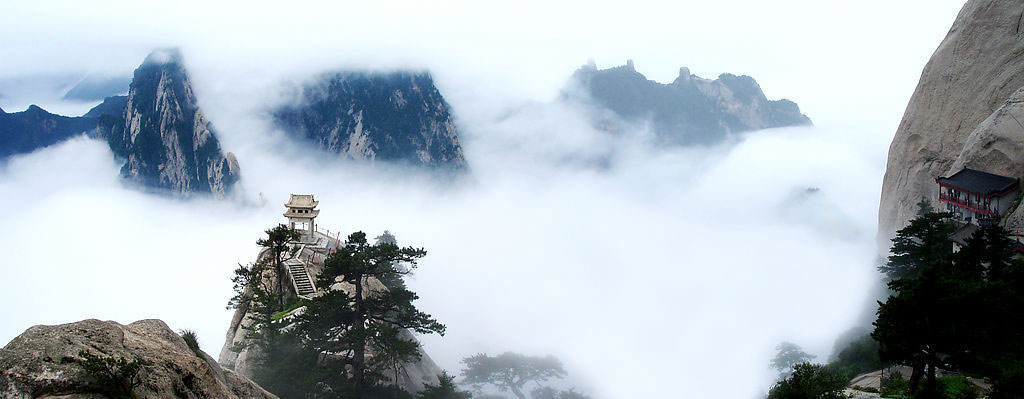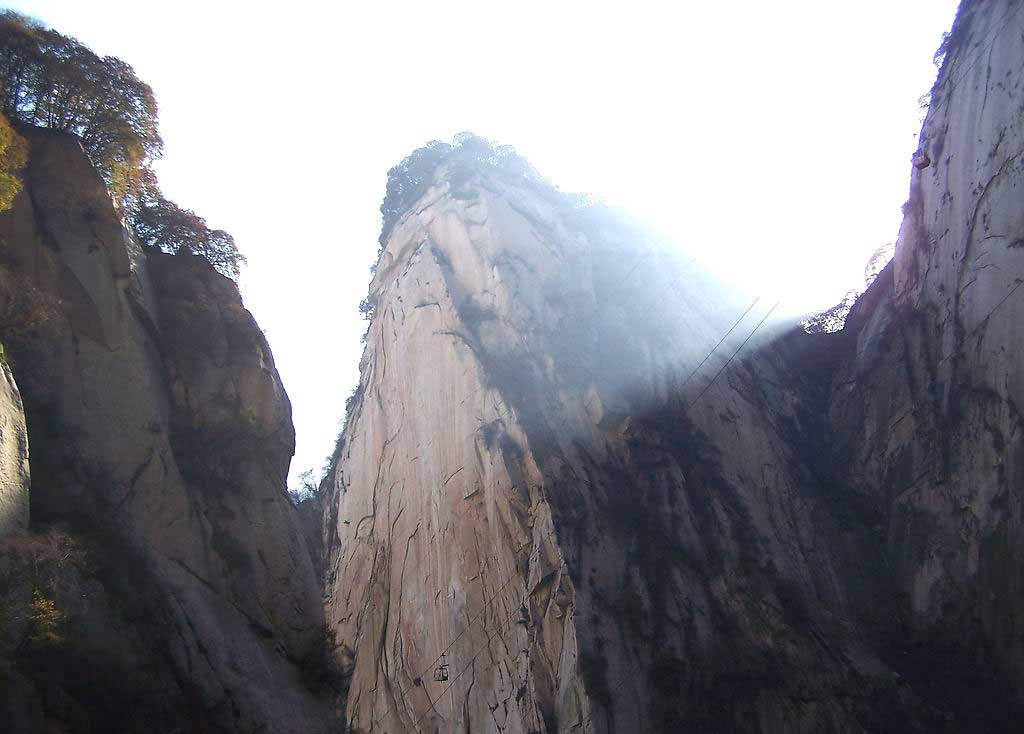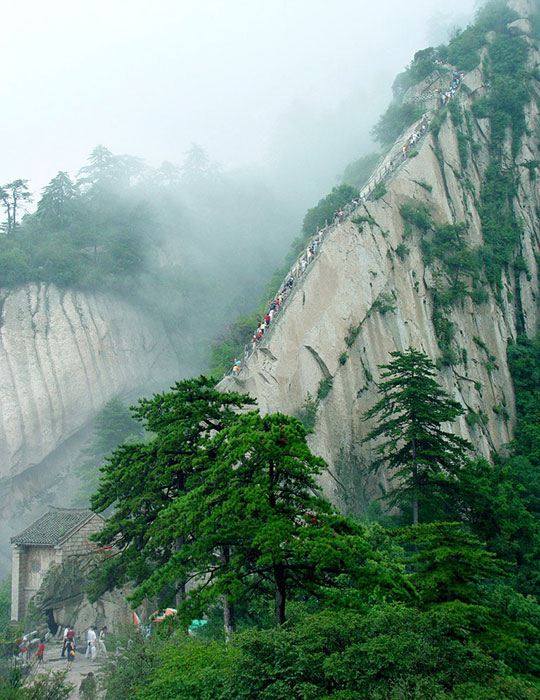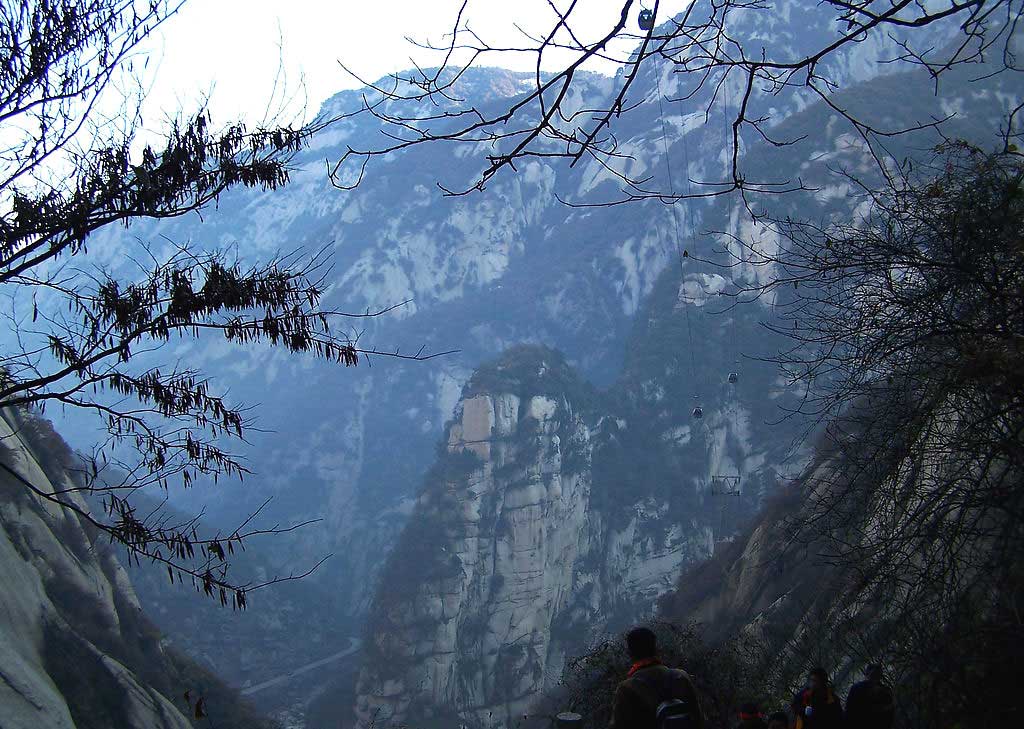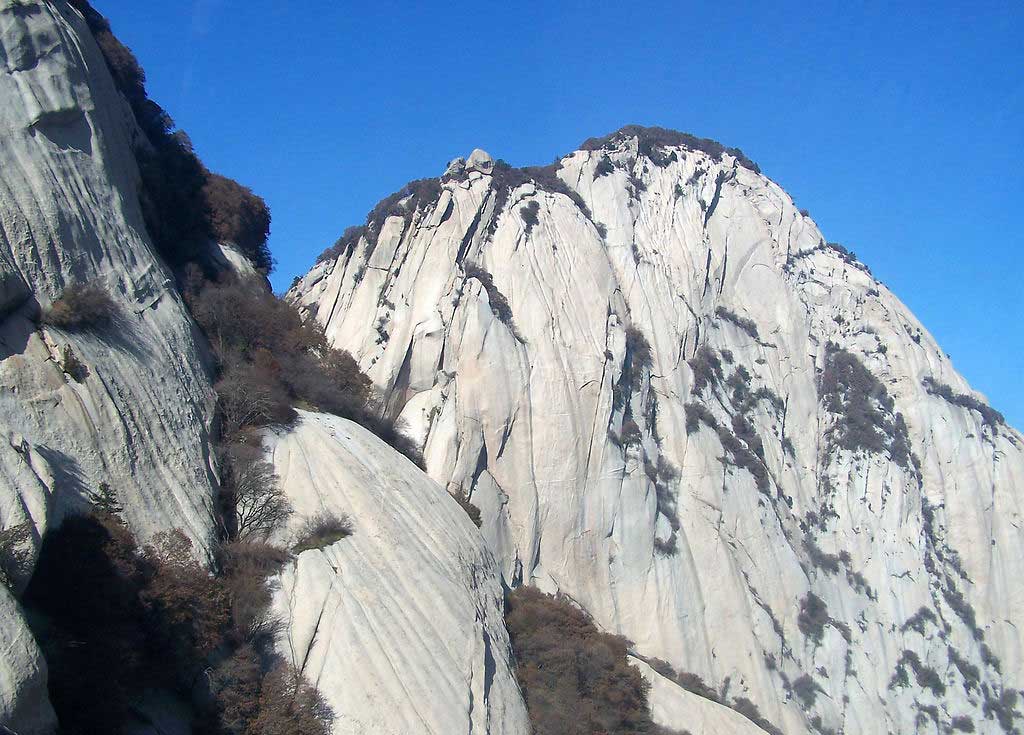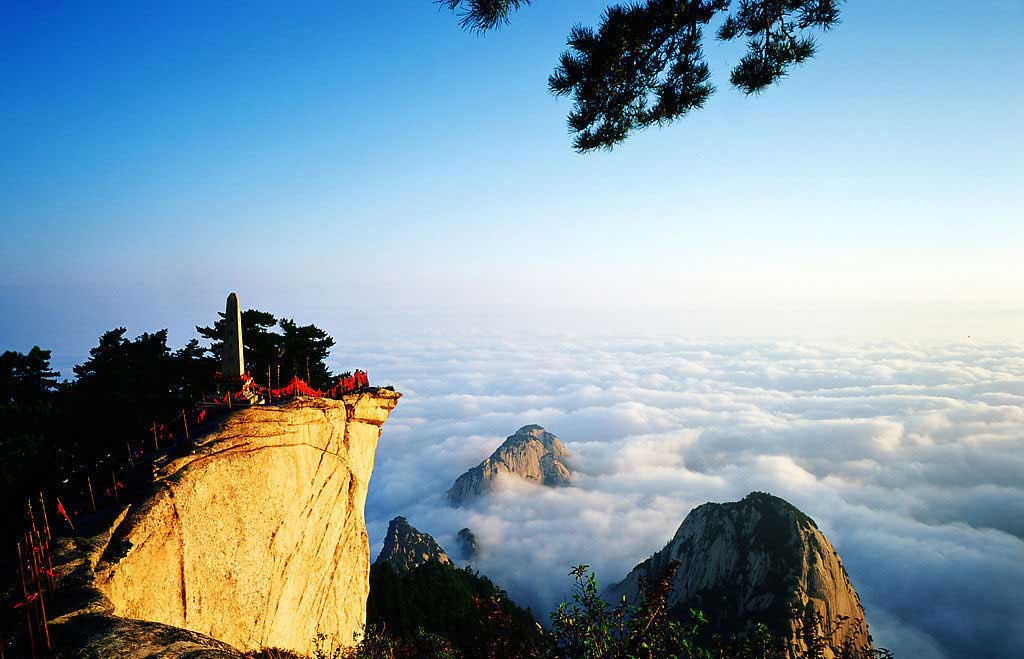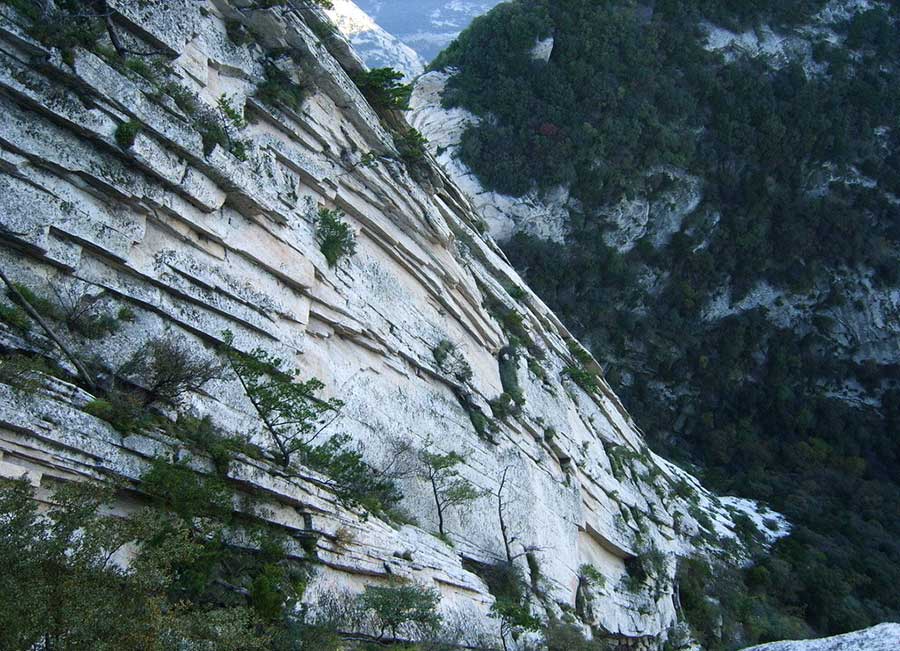Hanshan Temple (Cold Mountain Temple)
Hanshan Temple(literally “Cold Mountain Temple”), is a Buddhist temple and monastery in Suzhou, China. It is located at the town of Fengqiao (lit. Maple Bridge Town), about 5 kilometres west of the old city of Suzhou.
Traditionally, Hanshan Temple is believed to have been founded during the Tianjian era (502-519) of the reign of Emperor Wu of Liang, in the Southern and Northern Dynasties period. The current name of the monastery derives from Hanshan, the legendary monk and poet. Hanshan and his disciple Shide are said to have come to the monastery during the reign of Emperor Taizong of Tang (627-649), where Hanshan became the abbot.
Hanshan Temple is famed in East Asia because of the poem “A Night Mooring by Maple Bridge” (楓橋夜泊), by Tang Dynasty poet, Zhang Ji. The poem describes the melancholy scene of a dejected traveller, moored at night at Fengqiao, hearing the bells of Hanshan Temple:
月落烏啼霜滿天,Yuè luò wū tí shuāng mǎn tiān,
江楓漁火對愁眠。Jiāng fēng yú huǒ duì chóu mián.
姑蘇城外寒山寺,Gūsū chéngwài Hánshán Sì,
夜半鐘聲到客船。Yèbàn zhōngshēng dào kèchuán.
Moon sets, crows cry and frost fills all the sky;
By maples and boat lights, I sleepless lie.
Outside Suzhou Hanshan Temple is in sight;
Its ringing bells reach my boat at midnight.
The poem is still popularly read in China, Japan and Korea. It is part of the primary school curriculum in both China and Japan. The ringing of the bell at Hanshan Temple on Chinese New Year eve is a major pilgrimage and tourism event for visitors from these countries.
Sitting on the bank of the Grand Canal between Maple Bridge and River Village Bridge, the temple has tall and spacious halls, which are neatly laid out.
The temple compound is a scene of luxuriant green creating a secluded atmosphere with venerable-looking pines under which are flower-boarded paths. The buildings in it are in an unadorned and natural style. In the center of the compound stands Mahavira Hall. Behind the hall stretches a wooden corridor, at the end of which stands a small tower with a wall behind and a stream in front.
When the temple bell is tolling, the deep strokes reverberate in the hall, mixing with the deep-toned chants of the monks. Two bells are currently used at Hanshan Temple, both dating from the late Qing Dynasty when the temple was last rebuilt. One was forged in China in 1906, and the other was forged in Japan at around the same time. The dedication on the bell was written by Japanese Prime Minister Itō Hirobumi. The original Tang Dynasty bell is believed by some (including Itō Hirobumi and modern Chinese statesman Kang Youwei) to have been taken to Japan in ancient times. These two factors have roused some nationalistic controversy among Chinese and Koreans.
In front of the temple gate stands a saffron yellow screen wall. On the gate is hung a horizontal board inscribed with Gu Han Shan Si or Ancient Cold Mountain Temple. Inside the temple gate, once one walks past a screen with carved images of Buddha, there come into the view of two statues on a huge lotus-shaped base. Both with disheveled hair and bare chests and unshod feet, one had in hand a ritual bottle and the other a lotus flower. These are the images of Monk Han Shan and Monk Shi De. During the course of their travel they arrived at Suzhou where they assumed charge of the Cold Mountain Temple so the temple was named after Han Shan later. The line of the poem ” Its ringing bells reach my boat at midnight” makes the temple an appeal to many people and the toll is said to have been the way for Han Shan and his apprentice Shi De to communicate their lingering affection for each other.
A new 108 tonne bell commissioned by Hanshan Temple and built by a foundry in Wuhan was completed recently, and is on its way to Hanshan Temple to replace the hundred years old Japanese built bell. The new bell tall 8.5 meter, widest diameter 5.2 meter.
Appendix
Some poem by Hanshan for appreciation
by Stig Andersen
Thirty years ago I was born into the world,
A thousand, ten thousand miles I’ve roamed,
by rivers where the green grass lies thick,
beyond the border where the red sands fly.
I brewed potions in vain search for life everlasting,
I read books, I sang songs of history.
Today I’ve come home to Cold Mountain.
I sleep by the creek and purify my ears.
Man, living in the dust
is like a bug trapped in a bowl.
All day he scrabbles round and round,
but never escapes the bowl that holds him.
The immortals are beyond his reach,
his craving has no end,
while months and years flow by like a river
until in an instant he has grown old.
I climb the road to Cold Mountain,
the road to Cold Mountain that never ends.
The valleys are long and strewn with stones,
the streams broad and banked with thick grass.
Moss is slippery, though no rain has fallen;
pines sigh, but it isn’t the wind.
Who can break from the snares of the world
and sit with me among white clouds?
All my life I’ve been lazy,
hating anything solemn,
finding light matters more congenial.
Others may study how to make a profit,
I have my single roll of scripture.
I don’t bother to fit it with a roller or case,
or trouble to carry it here or there.
Like a doctor prescribing a medicine for each disease,
I use what remedy is at hand to save the world.
Only when the mind is free of care
can the light of understanding shine in every corner.
Other resources:
- Page of Han Shan , Poet and Monk of Hanshan Temple, Suzhou, Jiangsu, China
- Preface to the Poems of Han-shanby Lu Ch’iu-yin, Governor of T’ai Prefecture
- Han Shan: Cold Mountain Hermit
- The Autobiography & Maxims of Chan Master Han Shan
- Han Shan Poetry
OPENING HOURS
| Week Days | 8:00 – 5:00 |
| Saturday | 9:00 – 5:00 |
| Sunday | 11:00 – 4:00 |





